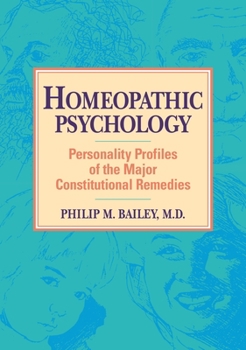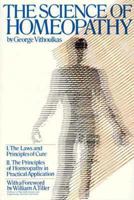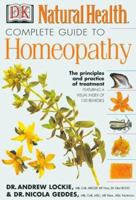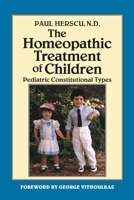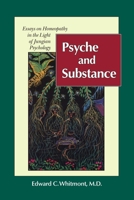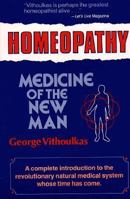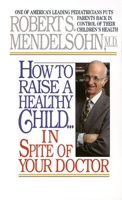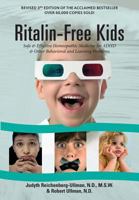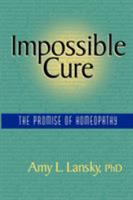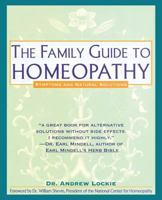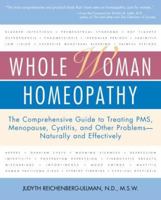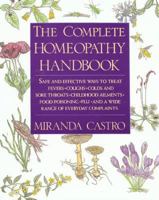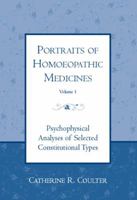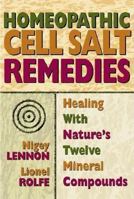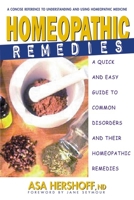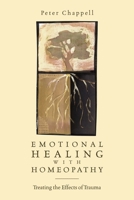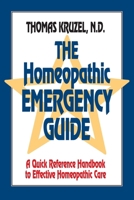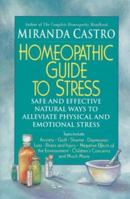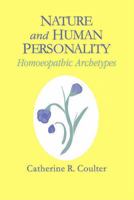Homeopathic Psychology: Personality Profiles of the Major Constitutional Remedies
You Might Also Enjoy
Customer Reviews
Rated 5 starsFacts and detail, but never dry!
A brilliant book! Every pupil should be given their own copy as a Rite of Passage at around 14 years of age and have to study one or two "types" per week such that the whole book would be covered in a year, and then this should be done every year whilst still at school. They don't have to learn anything about Homeopathy per se, only about people, and in so doing would develop more compassion and understanding of both themselves...
3Report
Rated 5 starsA Very interesting book, worth reading.
Because my husband is a Homeopath, I came across this book and couldn't put it down. It really shows the different constitutional types, in the thinking and feeling processes. It's farely easy to find your own through reading the book, and shows how much of how we act in in our typing. I really enjoyed this information, and shared it with friends who also found great value in it. In the book "The Complete Guide to ...
0Report
Rated 5 starswell done
This is a most interesting book that combines psychology with homeopathy. Philip Bailey describes indepth the personality profiles of some 35 polychrests. The last pages of the book cover a mix of psychological astrology and homeopathy when Philip Bailey explores the elements and some polychrests. This book is abolutely basic reading, together with the books by Catherine R. Coulter (that I still find better). You will be...
0Report
Rated 5 starsIn-depth, esoteric look at homeopathic consitutional types..
This book is primarily intended for the trained homeopath, not the layperson. It is an in-depth look at the more common homeopathic constitutional types. That being said, it's a fabulous book, filled with excellent information that the author gleaned from years of work as a homepath. Bailey provides detailed information on 35 major types, giving insight on diagnosis, mental and emotional traits, and physical characteristics...
0Report
Rated 5 starsCan't Memorize A Million Details - Buy this Book
His broad profiles of major constitutional remedies give the reader a good overall picture of the personality type and therefore ways of remembering facts about the archetype, by having a unifying theory for each remedy. This was extremely helpful as a student of homeopathy! And someone who seems to have lost the ability to memorize around the age of 25.
0Report











